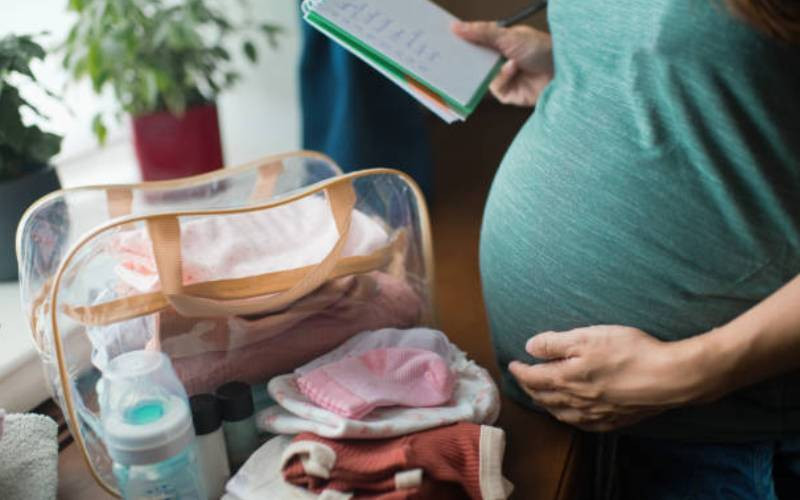
Many adults around the world have benefited from cord blood donation
Connecting a baby to the mum's placenta, the umbilical cord not only has a crucial physiological role, but many parents also attach a degree of sentiment to it.
Rochelle Humes recently shared a photo of baby daughter's Valentina Raine's dehydrated umbilical cord, which has been shaped into the word 'love' and framed.
Mums have proven very inventive in recent years coming up with new ways of championing and paying tribute to their experience of childbirth.
These include - but certainly aren't limited to - pickling the cord, fashioning jewellery out of the cord and having placenta pills made.
There is, arguably, one particularly powerful use for the umbilical cord.
Donate your cord to medicine.
Or specifically, donate the blood from your umbilical cord.
An increasing number of adults have benefited from cord blood donation (Photo: Getty Images)
Cord blood banking is when the blood left in your newborn's umbilical cord and placenta is collected and stored for future medical use.
The reason behind this is because cord blood contains potentially life-saving stem cells.
Stem cells can grow into blood vessels, organs, and tissues and, in turn, may be used to treat blood-related diseases and such as leukaemia and other types of cancer as well as diseases which compromise the immune system.
The cord has an important use - even after birth
So what IS involved?
The NHS explains, "once your baby has been born, your midwife will confirm that consent has been given and will pass your placenta to our staff, along with your signed consent form.
 The Standard Group Plc is a multi-media organization with investments in media platforms spanning newspaper print
operations, television, radio broadcasting, digital and online services. The Standard Group is recognized as a
leading multi-media house in Kenya with a key influence in matters of national and international interest.
The Standard Group Plc is a multi-media organization with investments in media platforms spanning newspaper print
operations, television, radio broadcasting, digital and online services. The Standard Group is recognized as a
leading multi-media house in Kenya with a key influence in matters of national and international interest.






